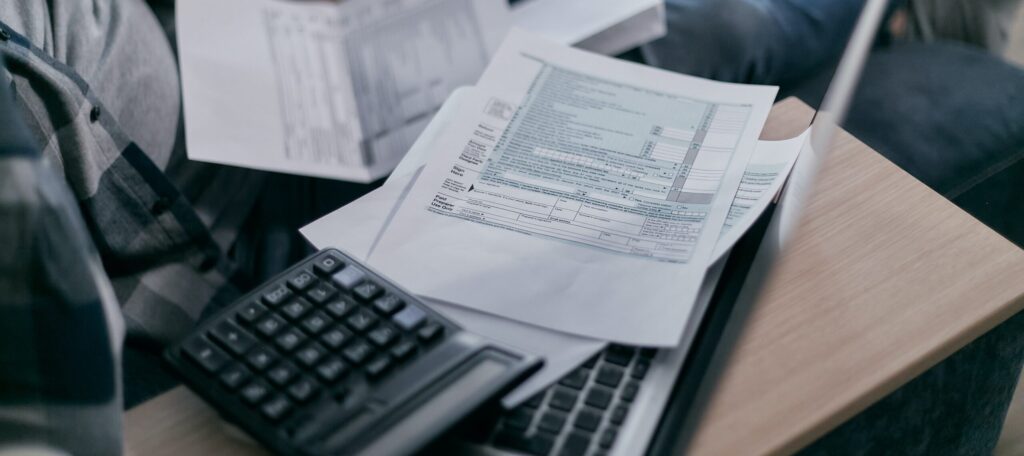Worldwide Locations:
Mauritius
Mauritius

The Mauritius Revenue Authority (“MRA”) has launched the e-Invoicing project which aims to digitalise and enhance VAT compliance in Mauritius. The e-Invoicing project follows the recent amendment brought to the Value Added Tax Act (“VAT Act”) on E-Invoicing System introduced since 2 August 2022.
The e-Invoicing project consists of the setting up of an electronic system which will allow businesses to register all their invoices, including debit notes and credit notes and issue fiscal invoices to customers. In this respect, the seller, the MRA and the customer will be able to exchange billing data.
How will it operate?
When a consumer makes a purchase and checks out, the cashier executes the transaction. However, before the invoice is generated, the Electronic Billing System (EBS) automatically sends the invoice details to the MRA Invoice Fiscalization Platform (IFP) for fiscalization.
IFP returns the invoice fiscal data to the Point of Sale (POS). The fiscalized invoice with a QR code is printed and given to the customer by the cashier. The consumer only needs to use a smartphone to scan the QR Code in order to determine whether the invoice has been fiscalized on MRA IFP.
What are the benefits of the e-Invoicing System?
The business community will benefit from this project in several ways, including:
Who will be impacted?
The project will be executed in stages, beginning with large companies and moving on to smaller ones.
Pursuant to Section 20A of the VAT Act, anyone who carries on a business activity in a prescribed category or nature or is notified by the MRA to issue fiscal invoices, will be impacted. The categories and nature of businesses which will fall within the scope of the e-Invoicing System have not yet been prescribed.
Impacted persons or businesses would be required to invest in e-invoicing-compatible hardware and software in order to make effective use of this new system.
Implementation date
The implementation date of the e-Invoicing System has not yet been announced but we expect that the MRA will establish such technical specifications and guidance for the deployment of the e-Invoicing System as it may judge suitable.
Is failure to issue fiscal invoices punishable?
Every person who is required to issue fiscal invoices must adhere to the rules and requirements published under the VAT Act and its regulations and any other guidance which may be released by the MRA.
Failure to issue fiscal invoices is subject to a penalty of Rs 10,000 for each month or part of the month in which such failure occurs, provided that the total penalty imposed does not exceed Rs 200,000 rupees.
Misuse of or deliberate tampering with the e-Invoicing System shall also be liable to a penalty not exceeding Rs 50,000.
How to get prepared for the e-Invoicing project?
Since the e-Invoicing System will allow the automatic exchange of billing data with the MRA, sellers and buyers, impacted businesses need to ensure that they are VAT compliant, and their billing procedures are in order. This will involve ensuring the below:
There has never been a better time to make sure that your business is VAT compliant. This is particularly important in light of the increasing scrutiny and VAT investigation by the authorities across all economic sectors.
How can Andersen help you?
Andersen can assist with providing a customized VAT Health Check for your business, based on your unique requirements. The VAT Health Check will include:
Andersen also provides the below VAT services:
Author:
Mehnaz Bhoyroo, Manager - Tax